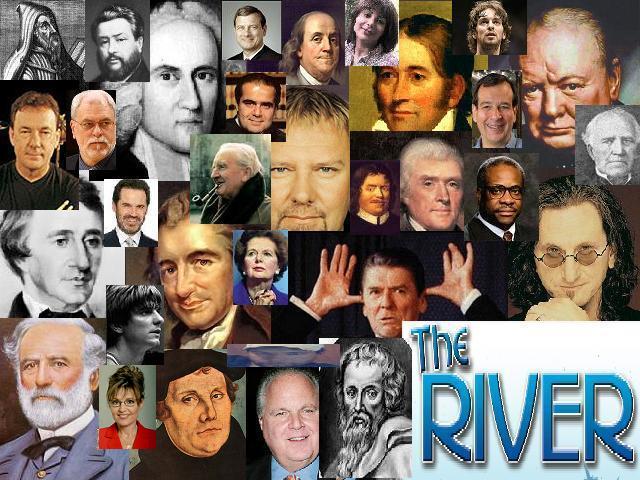"...promote the general welfare."
This little clause, found twice in the Constitution if I am not mistaken, is the favorite clause of the Left and the one used most often as a pretext to foist whatever form of wealth-redistributing, soft tyranny they wish upon the public. What did the founders, the actual writers of the Constitution, have to say about it?
First, James Madison.
James Madison, the Father of the Constitution, elaborated upon this limitation in a letter to James Robertson:
"With respect to the two words 'general welfare,' I have always regarded them as qualified by the detail of powers connected with them. To take them in a literal and unlimited sense would be a metamorphosis of the Constitution into a character which there is a host of proofs was not contemplated by its creators. If the words obtained so readily a place in the 'Articles of Confederation,' and received so little notice in their admission into the present Constitution, and retained for so long a time a silent place in both, the fairest explanation is, that the words, in the alternative of meaning nothing or meaning everything, had the former meaning taken for granted."
"If Congress can do whatever in their discretion can be done by money, and will promote the General Welfare, the Government is no longer a limited one, possessing enumerated powers, but an indefinite one...."
-- James Madison, letter to Edmund Pendleton, January 21, 1792
Now, Thomas Jefferson.
"Congress has not unlimited powers to provide for the general welfare, but only those specifically enumerated."It is worth noting that in the two founders I have quoted above we have both sides of the American political spectrum from the late 18th century represented.
--Thomas Jefferson, Letter to Albert Gallatin, 1817
That is, we have Madison who represents the Federalist party and who was one of the major contributors for The Federalist Papers, papers written in defense of federalism and for the adoption of the Constitution into law.
And we have Jefferson, who represents the Democratic-Republican party, the one opposed to the Federalist party.
So we have both sides of the political aisle in the late 18th and early 19th century, the time of the founding of the country, opposed to the modern idea that the "general welfare" clause should be used (abused) in the way it is today by many in both major parties.
Would you say we have drifted?
Would you say that to a man the founders would have stood against this sort of misuse of the Constitution to enable the federal government to do whatever it wanted? The only possible exception I can think of to that would have been Alexander Hamilton, and even he would have been far to the right of today's political center.






1 comment:
If the general welfare clause was meant to allow Congress to do whatever it wants, why did the founders bother to write Article I, Section 8 at all? The liberal interpretation of the general welfare clause is so impossibly broad that it literally allows anything, including creating laws that violate rights protected in the Bill of Rights.
Post a Comment